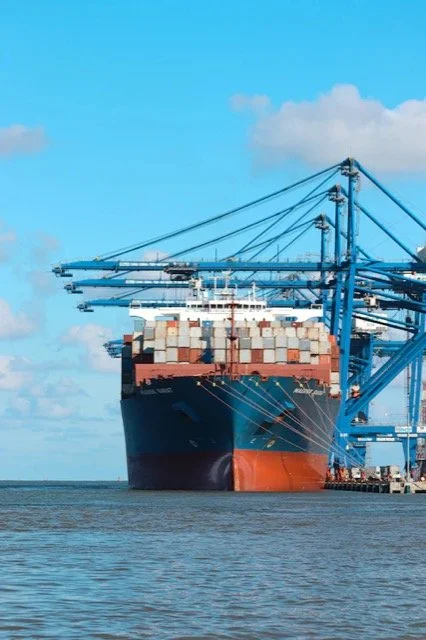On 31 March 2023 the UK government announced that the UK had concluded negotiations on joining the ‘Comprehensive and Progressive Agreement for Trans-Pacific Partnership’ or CPTPP.
This is a trading bloc of 11 countries – Japan, Malaysia, Vietnam, Australia, Singapore, Brunei, New Zealand, Canada, Mexico, Peru and Chile.
CPTPP countries agree to reduce or remove tariffs on most goods, and to cooperate on regulations and standards.
Trade advantages
The UK government has been quick to point to the trade advantages of the new agreement, which it says include –
a gateway to growth in a key area
new markets for services
a first trade deal with Malaysia
opportunities for exporters in specific sectors, including e-commerce.
CPTPP members’ combined GDP is £9 trillion, rising to £11 trillion with the accession of the UK. That said, the immediate trade benefits for the UK are thought to be relatively modest, worth a potential 0.8% increase in GDP or £1.8 billion per year within 10 years (as compared with the Office for Budgetary Responsibility’s estimated 4% shortfall in GDP growth as a result of Brexit). This is in part because the UK already has trade agreements with 9 out of the 11 members of the CPTPP. Accession to the trading bloc is therefore in some ways more a matter of a long term bid to participate in Pacific growth than a short term fix.
Environmental, agricultural and workers’ rights implications
The UK government’s policy paper on conclusion of the negotiations sates that –
“CPTPP includes a comprehensive environment chapter, which commits Parties to strive to encourage high levels of environmental protection, to continue to improve their respective levels of environmental protection, and to not derogate from their environmental laws in order to encourage trade and investment between Parties”.
However, some serious concerns have been raised about the potentially adverse environmental and other impacts of the agreement. These include -
real concerns, for example from Greenpeace and Friends of the Earth at the lifting of trade tariffs on palm oil, and the implications this may have for encouraging deforestation, for example in Malaysia;
significant concerns, for examples expressed by Pesticide Action Network UK that the agreement could result in UK exposures to 119 pesticides which are banned in the UK, driving down standards and disadvantaging both consumers’ health and UK farming standards;
uneven farming standards on issues such as egg production and beef imports; and
different standards for workers’ rights and employment legislation.
The UK government’s own description of the contents of the Environmental chapter is full of generalisations, and offers of joint statements on issues such as deforestation.
Regulatory Coherence
The existence of a ‘Regulatory Coherence’ chapter which “requires all parties to have and maintain evidence-based, coordinated and transparent processes when developing regulation” would carry more weight if the UK government was not actively promoting regulatory incoherence through its Retained EU Law (Revocation and Reform) Bill, and promising to revoke or re-write 4,000 laws by 31 December 2023 with almost no transparency whatsoever.
Parliamentary Scrutiny
The Protocol of Accession will be published, and a signed treaty text laid before Parliament with an Explanatory Memorandum. The agreement will be subject to pre-ratification scrutiny under the Constitutional Reform and Governance Act 2010. But as serious students of Parliamentary process know, this is a very late stage at which to expect Parliament to exercise any meaningful contribution to the process of scrutiny.
Parliament needs to wake up to the full significance of these emerging trade agreements and their wider ramifications, and to adapt and invigorate its scrutiny, and above all to make a significant input and questioning at a much earlier stage when there is much more likelihood of Ministers taking some notice of it. Parliament must not make the same mistake as in its “scrutiny” of EU legislation, which was far too little, far too late.
For further information, see -
UK government policy paper on conclusion of negotiations –
UK in a Changing Europe Trade tracker: UK trade deals –
https://ukandeu.ac.uk/trade-tracker-uk-trade-deals/
World Economic Forum article 3 April 2023 –
https://www.weforum.org/agenda/2023/04/cptpp-trade-tariff-brexit-uk/

